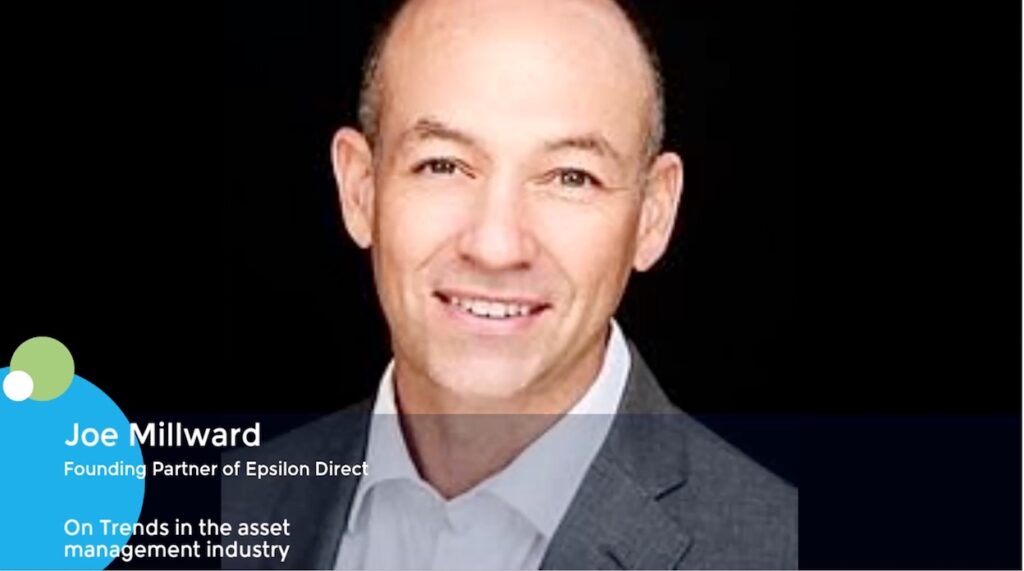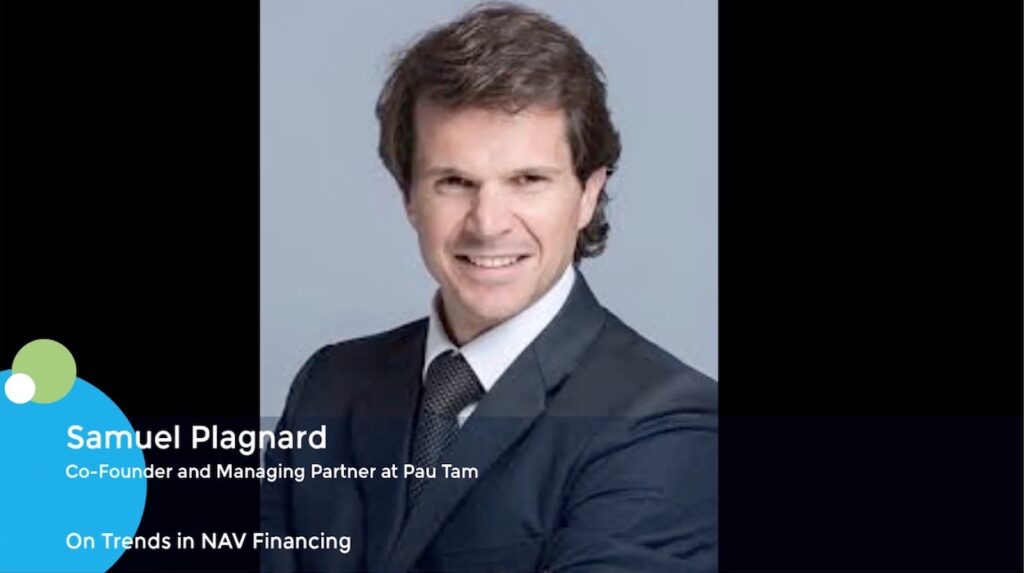Australian PE and VC sector takes up arms to fuel defence deals – experts
The Australian private equity (PE) and venture capital (VC) sector is taking up arms to fuel more defence deals as the government ramps up defence spending and the AUKUS trilateral security partnership between Australia, the UK, and the US, rolls out, according to sector experts interviewed by Mergermarket.
In May, the government announced plans to increase defence spending from AUD 53bn (USD 36bn) to AUD 100bn within a decade, with a portion of this funding going to support AUKUS.
Sydney-based Alceon is a PE forerunner in the defence space, having acquired specialist engineering firm Eptec in 2017 and sold it to Next Capital in 2020. This July, Alceon announced the acquisition of a 70% stake in heavy navy shipbuilder Shadbolt Group for an undisclosed sum.
Alceon’s interest is predicated on the value it can unlock by providing financial and strategic support to small but capable privately-owned operators to help them scale, diversify and become more integral players in the overall defence capability solution, Alceon Managing Director David Wilshire told Mergermarket. This is clearly relevant in the domestic context, but now also internationally with AUKUS, he noted.
PE firm Pemba Capital invested in AI, simulation and sensing technologies specialist Aurizn in July 2023 for an undisclosed sum. In May 2023, the 1941 Fund, an initiative by defence advisory firm Bondi Partners and Sydney-based Ellerston Capital, invested in space tech firm Fleet Space Technologies‘ AUD 50m Series C round, with other VC participants including Blackbird, Grok Ventures, and Alumni Ventures, as announced.
Two dedicated defence funds have also emerged in recent years, namely Beaten Zone Venture Partners, which was founded by Steve Baxter in 2022 and is currently raising its debut AUD 60m fund; and Periscope Capital Partners, which was founded in April this year by Mark Stevens and is raising its debut AUD 300m fund.
That there are now focused funds like Beaten Zone and Periscope speaks to investor demand for early-stage investments that can help build sovereign capability, noted Ryan Whitelegg, co-founder of Melbourne-based corporate advisory firm Henslow, which held its second annual defence event in Sydney this May and is engaging with several interested investors.
Beaten Zone’s Baxter, who has already completed the first three deals from his debut fund, also flagged increased private investor interest in the defence space in a recent interview with this news service. Periscope’s Stevens, who also founded defence advisory firm Arican, which assisted on the Alceon deal, recently told Mergermarket he believes many opportunities will come out of AUKUS.
‘Dual-use’ technologies
Australian PE and VC firms are already comfortable investing in technology companies, especially in the B2B space, so it is not a big leap for them to target ‘dual-use’ technologies that have applications in both the defence and commercial sectors, Henslow’s Whitelegg said.
Companies catering to both sectors are more likely to see sustainable success as they can reach revenue more quickly by testing commercially first and diversifying their revenue streams to reduce reliance on defence contracts, which tend to have long sales cycles and lumpy cash flows, Whitelegg noted.
He cited as examples cybersecurity, laser and satellite, drone and counterdrone, and emerging technologies like artificial intelligence (AI), quantum computing, hypersonic weapons, “and even biotechnology, which are reshaping the defense and security landscape”.
Australian players with dual-use technologies currently in fundraising mode include Sydney-based builder and operator of uncrewed surface vessels Ocius, which has seen interest from two US firms and two domestic investment bankers after publication of a 9 August Mergermarket article, CEO Robert Dane told this news service.
Another is Sydney-based satellite communications and space domain awareness (SDA) technology company Quasar Satellite Technologies, which told Mergermarket last week it is keen to secure US investors to complete its current up to AUD 20m Series A round.
Hydrogen scramjet propulsion technology and hypersonic aircraft design and manufacture specialist Hypersonix Launch Systems is also attracting attention, as seen with its signing of a contract with the UK Ministry of Defence to advance the UK’s hypersonic capabilities, as announced in July.
Exit potential
There will be more support for the defence sector from domestic VCs and PEs, in no small part due to the vocal nature of dedicated funds like Beaten Zone and Periscope, and as the sector evolves this will drive more mature exit options, Hypersonix CEO Matt Hill told Mergermarket.
We are already seeing a level of maturity with some assets coming to market. Next Capital, for one, is reportedly using Moelis to sell its majority stake in Eptec, which is thought to have AUD 30m – AUD 40m in annual earnings. It could be valued at 10x EBITDA, according to an April media report.
Five V Capital has reportedly appointed Houlihan Lokey to sell its significant minority stake in cyber security tech company Penten, potentially for more than AUD 400m, after investing AUD 50m in the firm in 2021.
Houlihan Lokey’s appointment is thought to be a sign that Five V Capital is targeting a North American buyer, and for now at least, a sale to US buyers seems a more likely exit option as seen with the sale of Australian AI-enabled real-time situational awareness company Sentient to California-based defense technology firm Shield AI this April for an undisclosed sum.
As the Australian sector matures and investors gain confidence, however, we can expect to see the emergence of a broader exit market, including trade sales to domestic buyers and domestic secondary PE buyouts, which will contribute to Australia’s sovereign defence capability, said Henslow’s Whitelegg, who advised on the Sentient deal.
There is increasing interest in the sector given the longer-term tailwinds being experienced, Alceon’s Wilshire said. As more domestic businesses gain scale through private investment, they will become strategically attractive platforms for local and international players seeking an entry point to or meaningful expansion in the defence sector, he said.
Positive signs coming from the wider investment community are also buoying the sector, as seen, for example, in super funds Hostplus and TelstraSuper participating in Fleet Space’s Series C round, Hypersonix’s Hill added.










